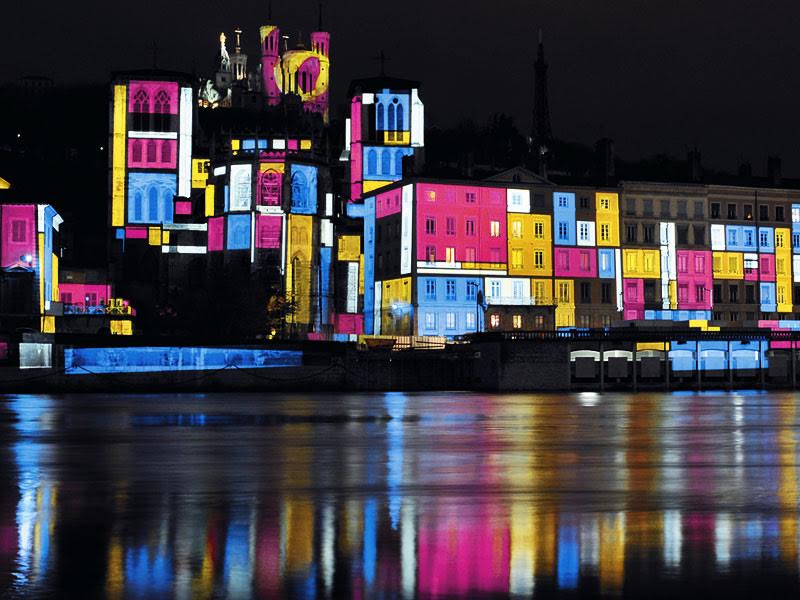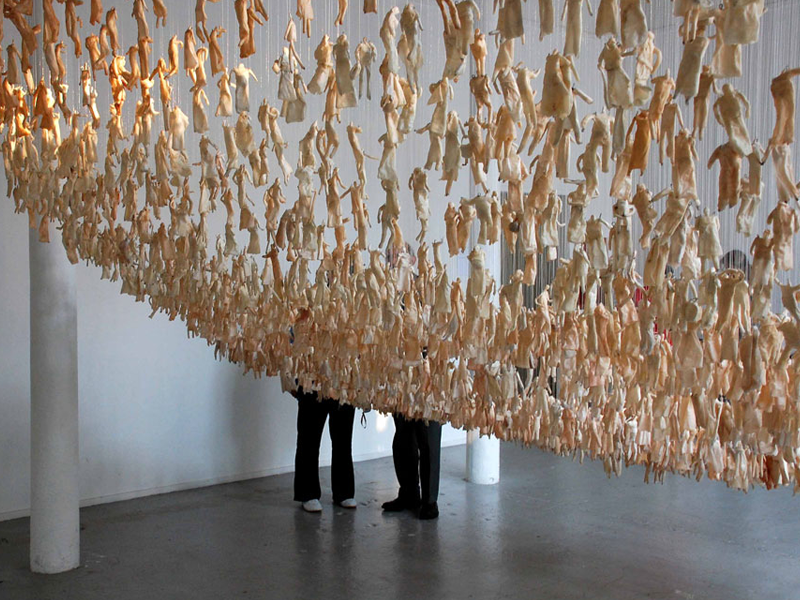
THE PHENOMENON OF CULTURAL OBSERVATORIES
If the history of cultural observatories is being discussed, they are assumed to be a French innovation. There are lengthy lists of “observatories” performing a wide range of social functions, and the two institutions that are most often cited as the archetypes for cultural observatories are: the Observatoire des politiques culturelles in Grenoble and the European Audiovisual Observatory in Strasburg.
At the Intergovernmental Conference on Cultural Policies for Development in Stockholm in 1998, UNESCO promoted the idea of establishing European cultural observatories, and discussions on functions of such observatories began. Numerous cultural observatories are already established in Europe and the world, and the discussions are still ongoing. So, what is the point of the cultural observatory phenomenon?
Augustin Girard, one of the founders of cultural observatories in France, speaks of the deliberate choice of the observatory term originating from the English word observe meaning “to follow”, “to study”, or “to conduct careful surveillance”. He says: “This new institution is created not for management or control purposes, but for tracking, observing, analysing and providing information”. “We didn’t want to use the word centre, we liked observatory much more. An observatory is a place of negotiation and interactivity. It does not pass judgements.”
The European website LabforCulture gives the following definition for cultural observatories: “Cultural observatories not only observe phenomena, they also identify trends and tendencies in the cultural sector. They monitor and disseminate the results of their observations, reporting back to the sector by developing strategies that reflect on past cultural trends and predict future developments. Observatories operate at different levels: internationally, nationally, regionally, subregionally and locally. They play an important role in the development of future policies.”
The observatory in Grenoble focuses on regional and local communities, and defines its mission by evaluation and prospective analysis of local and regional cultural activities and comparison of such activities at the national and international levels.
The website of the Portuguese cultural observatory describes its goals in the following way: “to produce and disseminate information, in a systematic and regular manner, on current trends in the field of cultural activities with emphasis on audience researches, cultural events and their impact, cultural policies, cultural agents and studies on cultural institutions.”
More information on the phenomenon of cultural observatories may be found here.
We also recommend reading this:
What do cultural observatories observe?




